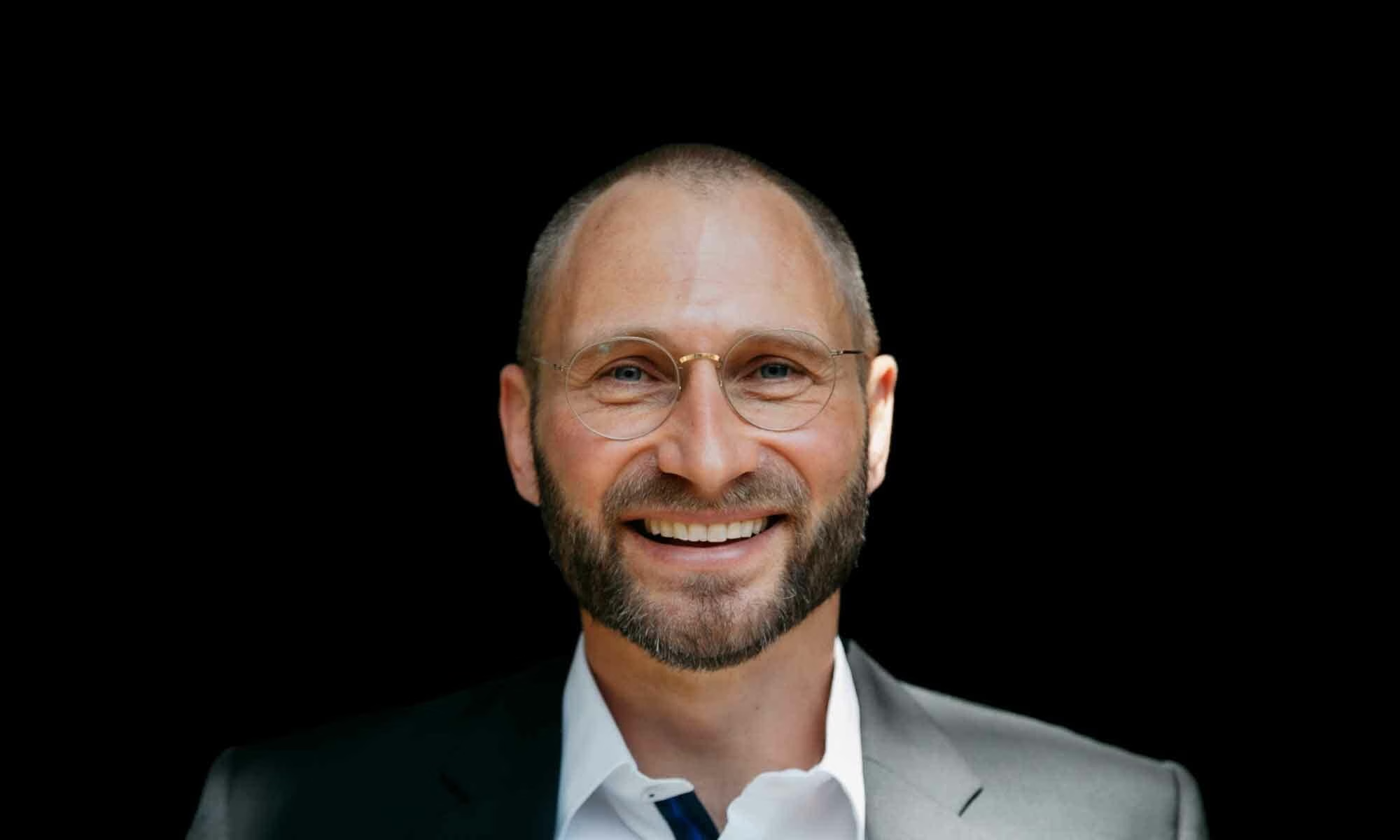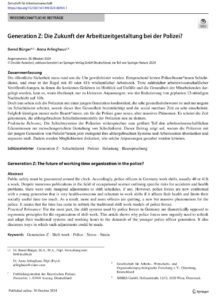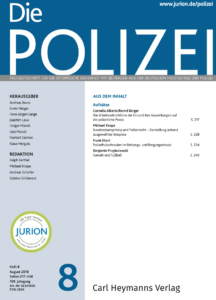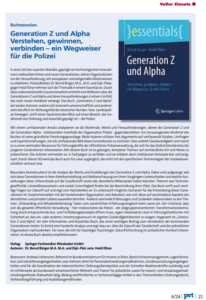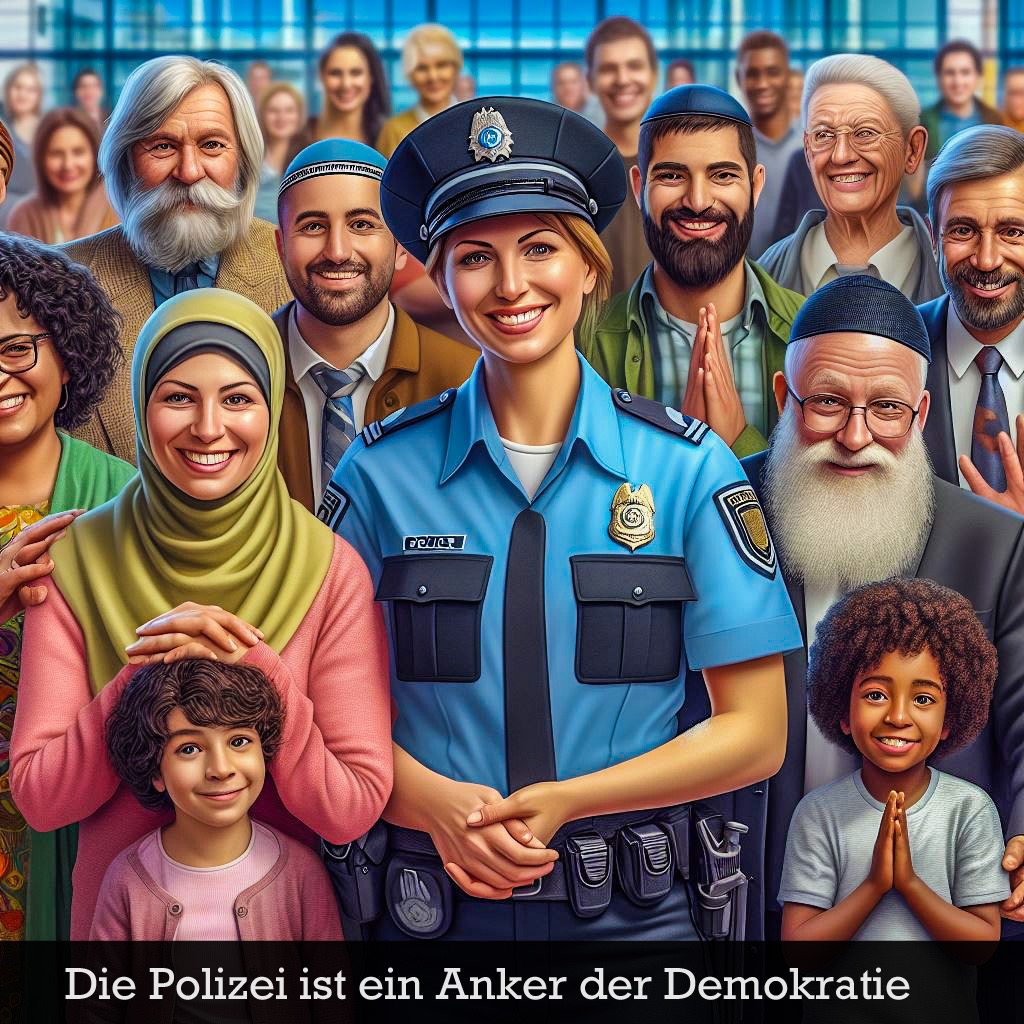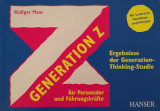I was a guest at ROBE & REVOLTE. Sarah and Franziska, former administrative judges, now lawyers and coaches, want to provide food for thought with their podcast, for and with everyone who wants to help shape the future of the legal profession - with lightness, humor and depth. Together, they illuminate and question the status quo. Always with a focus on how things could perhaps be done differently. True to the motto: If you don't like it, do it again!
🎧 Click here for the audio podcast - where you can also find out what the torpedo is all about 😉:


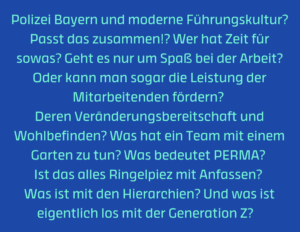
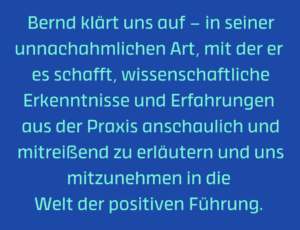
📝 Shownotes:
Dr. Bernd Bürger was active in the Support Command (USK) of the Bavarian police for many years. He is now head of the Leadership and Operations department at the training institute there. Bernd is also an expert in positive leadership (PERMA LEAD, an approach developed by organizational psychologist Dr. Markus Ebner).
PERMA stands for:
- P for positive emotions.
- E for engagement - contributing strengths and getting into the flow.
- R for Relationship - shaping sustainable relationships.
- M for Meaning - giving meaning to work.
- A for Accomplishment - making success visible.
Bavarian police and modern management culture - do they go together? Who has time for that? Is it just about having fun at work? Or is it even possible to promote employee performance? Their willingness to change and their well-being? What does a team have to do with a garden? What does PERMA mean? Is it all ring-around-the-edges? What about hierarchies? And what's actually going on with Generation Z?
Bernd enlightens us - in his inimitable way, with which he manages to explain scientific findings and practical experience in a clear and captivating way and takes us into the world of positive leadership. He also tells us what other As he adds to PERMA in his work.
You can find Robe & Revolt here: https://linktr.ee/robeundrevolte
